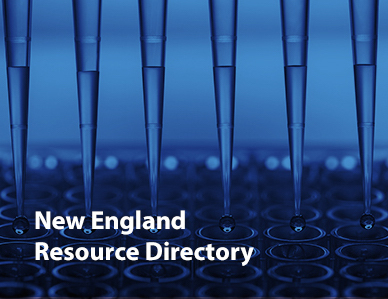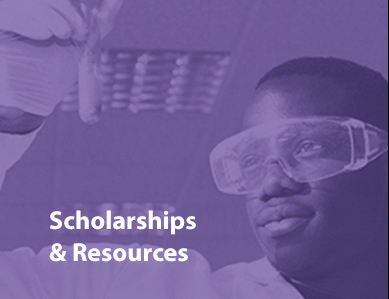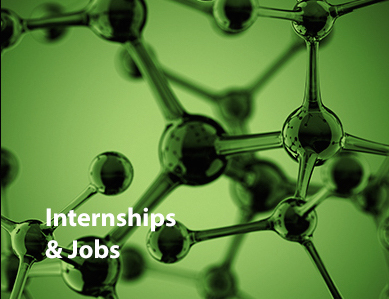The “Organ Design and Engineering Post-doctoral Training Program (ODET)” is an institutional T32 funded by the National Institute of Biomedical Imaging and Bioengineering (NIBIB). Our goal is to provide multidisciplinary research training to post-doctoral fellows based at Harvard and MIT. Individuals accepted into the program will be cross-trained in an area of expertise outside of their primary research field. Working at the intersection of engineering and developmental/ regenerative biology, trainees learn a new language and ultimately develop a common dialect that effectively bridges disciplines. The program utilizes a dual mentor model where fellows spend time in the laboratories of two mentors and are able to benefit from active communication across laboratories, institutions, and geographic boundaries.
We are now actively evaluating fellow candidates. We ask you to please let us know if you have any candidates that would be appropriate for the program. Trainees must be US citizens or permanent residents.
Candidates may have an MD, PhD, or both degrees to qualify.
The deadline for applications is October 15, 2023. We will select candidates on a rolling basis. Currently, the program is up for continuing review by the NIH. At the present time, we can ensure one year of funding for each trainee. If the program is not renewed on the first round, the PI must ensure funding for the second year of training Requirements of the trainees in ODET include:
•Submission of at least one grant application for an individual fellowship in the first year. This serves to expose the fellow to the art of grant writing, free up slots for additional trainees, and provide continued funding after their appointment to the training program ends.
•Participate in a laboratory enrichment experience where the trainee will spend a minimum of 2 months in the laboratory of the co-mentor to have hands-on experience in another discipline. This can be spread out over time and facilitate collaboration between laboratories on a scientific issue important to both laboratories.
•Participate in (a) course(s) or other experience that enriches their knowledge base in the subject of their research and/or the translation/commercialization process of cell-based, nano, regenerative, and medical devices therapies. These may be drawn from HMS/MIT and targeted clinical exposure opportunities.
•Submission of an abstract and attendance at one national or international meeting.
•Attend regular meetings where there will be periodic presentations on their research, networking, and exposure to grant writing and other skills important for a successful career as an independent investigator.
Please contact us at BWHODET@partners.org Joseph V. Bonventre MD, Ph.D., Program Director Luke Lee Ph.D., Associate Program Director.



